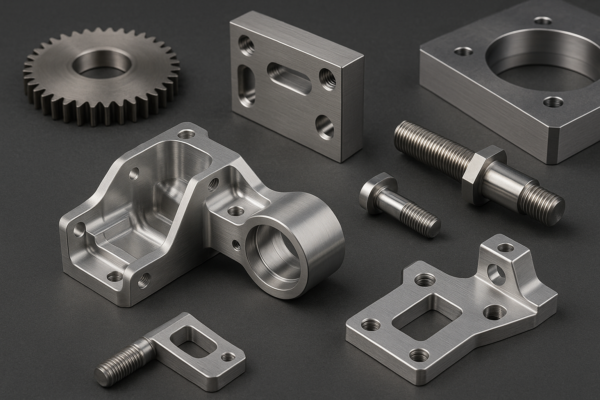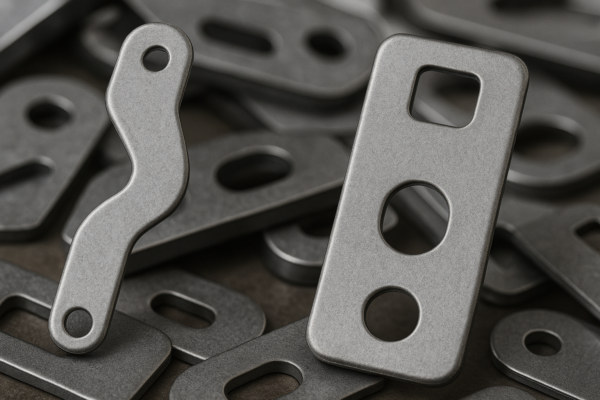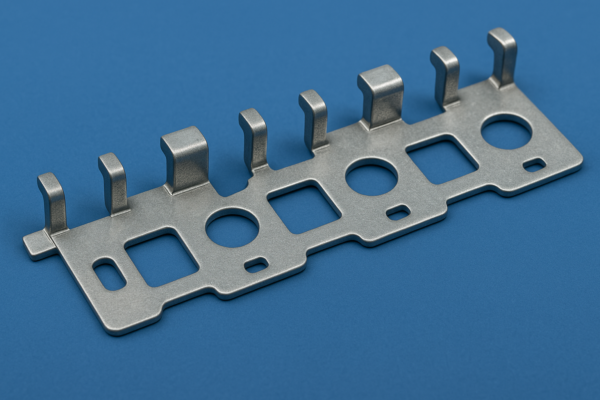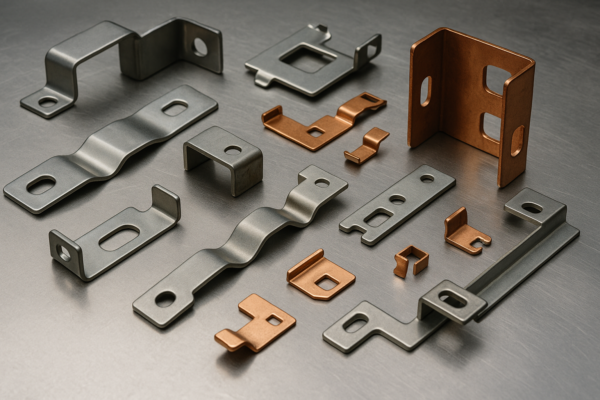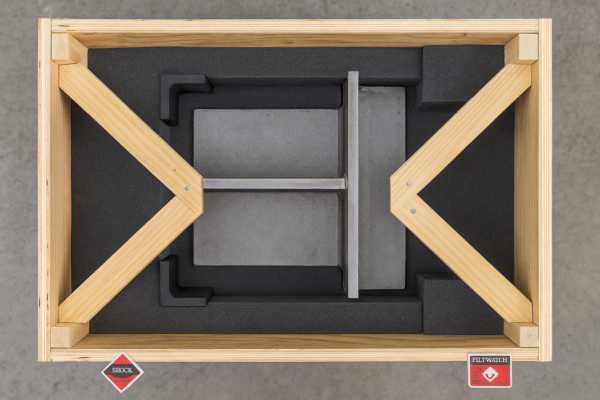What Is the Strongest Metal on Earth?

Strength in metals is complex—do we mean hardness, tensile strength, or impact resistance? In this article, I’ll clarify which metal is truly the strongest and how it compares to others like titanium, tungsten, and iron.
Snippet paragraph: Tungsten is the strongest natural metal by tensile strength, while others like titanium excel in durability and resistance. Let’s compare them.
Transition paragraph: Now let’s explore which metals dominate in strength, toughness, and durability—and which one deserves the crown.
What Is Stronger Than Tungsten?
Tungsten is widely known for its high tensile strength. But depending on the type of "strength," other metals and alloys might outperform it.
Snippet paragraph: Tungsten has the highest tensile strength of all pure metals, but certain alloys and composite materials can be stronger overall.
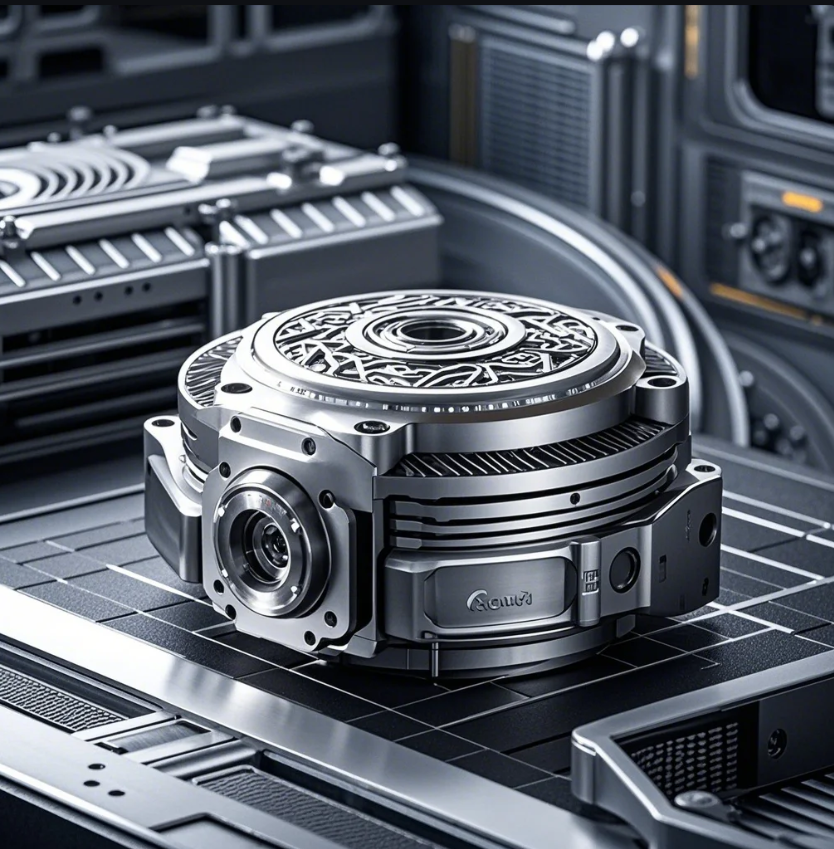
Tungsten’s Strength vs. Other Super-Metals
Tungsten has a tensile strength of around 1510 megapascals (MPa), making it the strongest natural metal in that category. It also has the highest melting point of any metal—3422°C (6192°F). However, it is also very brittle, which limits its practical toughness.
Stronger (or more practical) alternatives:
- Steel Alloys (e.g., Maraging Steel): These engineered steels are designed to have both high strength and toughness, often exceeding 2000 MPa.
- Titanium Alloys (e.g., Ti-6Al-4V): While pure titanium isn’t as strong as tungsten, some alloys offer an excellent balance of strength, corrosion resistance, and ductility.
- Graphene (non-metal): Stronger than tungsten in every mechanical category but not a metal.
Metal Strength Comparison Table
| Material | Type | Tensile Strength (MPa) | Notes |
|---|---|---|---|
| Tungsten | Pure metal | 1510 | Very strong, but brittle |
| Titanium Alloy (Ti-6Al-4V) | Alloy | 1000+ | Lightweight, durable |
| Maraging Steel | Alloy | 2000+ | High strength and toughness |
| Chromium | Pure metal | 700–800 | Very hard but brittle |
Tungsten remains king in tensile strength, but it’s not the toughest metal overall.
What Is Earth’s Hardest Metal?
When we shift the conversation to hardness, rather than tensile strength or ductility, the answer changes. Hardness refers to a material’s resistance to deformation or scratching.
Snippet paragraph: Chromium is the hardest pure metal, while tungsten and hardened steel alloys also score extremely high on the hardness scale.
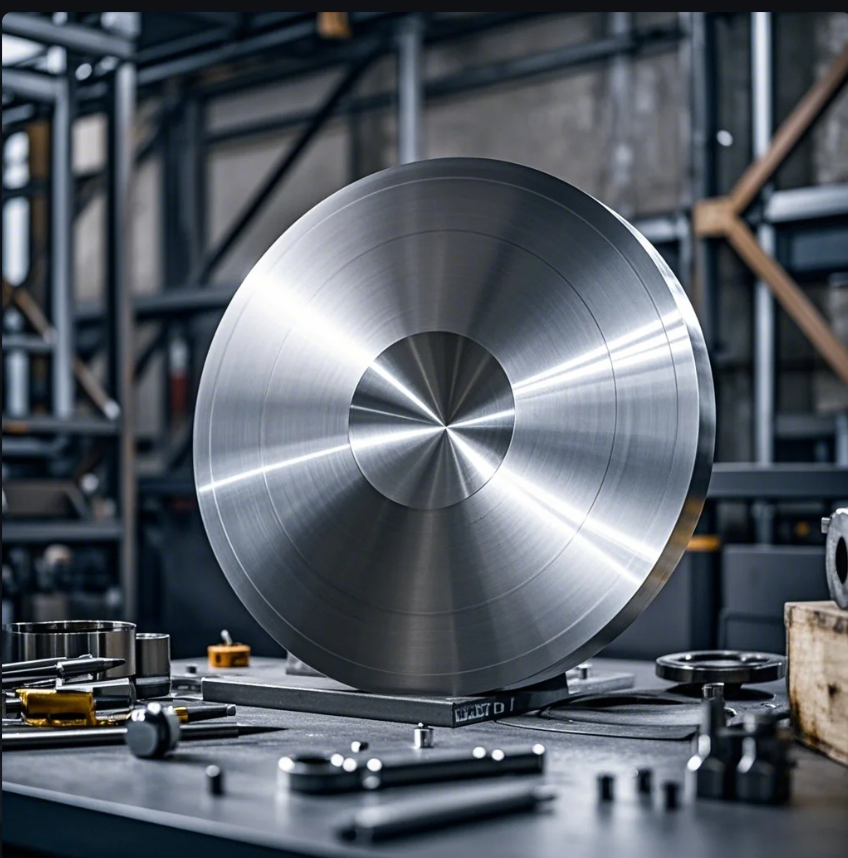
Understanding Hardness in Metals
- Chromium is the hardest pure metal, scoring 8.5 on the Mohs scale.
- Tungsten carbide, a metal-ceramic composite, is even harder—reaching up to 9 on the Mohs scale.
- Steel alloys hardened through heat treatment can also be extremely hard, often surpassing chromium in practical hardness.
Notable Hard Metals:
- Chromium (Cr): Used in stainless steel and plating for hardness.
- Tungsten carbide (WC): Often used in drill bits, cutting tools.
- Vanadium (V): Adds strength and hardness to steel.
Hardness matters when wear resistance is key—like in industrial tools and machinery. For example, Prime offers ISO-certified CNC parts made from high-hardness alloys for maximum durability in extreme applications.
Is Diamond Stronger Than Titanium?
Yes, diamond is stronger—if we define strength as hardness or ability to resist scratches. But the comparison is more nuanced.
Snippet paragraph: Diamond is far harder than titanium, but titanium is stronger in terms of toughness and impact resistance.
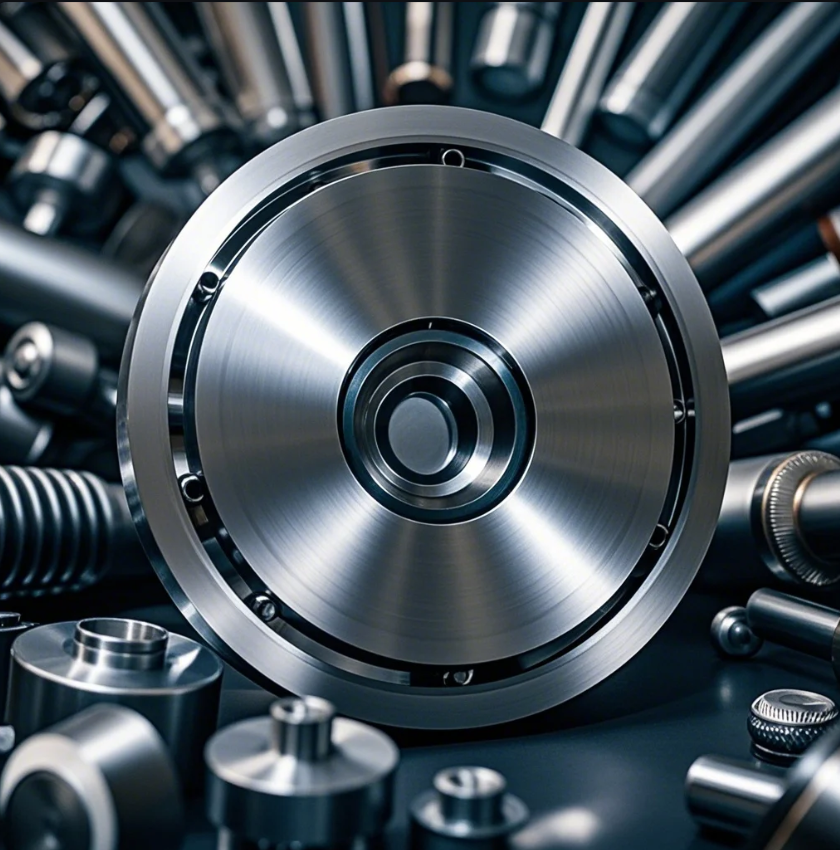
Comparing Diamond and Titanium
- Diamond: Hardest known natural substance (Mohs 10), but extremely brittle. Can shatter on impact.
- Titanium: Much less hard (Mohs 6), but highly tough, ductile, and resistant to corrosion.
Why Titanium Wins in Many Applications
While diamonds are used for cutting tools due to their hardness, titanium is preferred in:
- Aerospace (lightweight and tough)
- Medical implants (biocompatible)
- Marine hardware (corrosion resistance)
So while diamond wins on hardness, titanium is the real-world champion in durability and structural integrity.
Which Is Stronger, Iron or Titanium?
In almost every industrial context, titanium is considered stronger than iron. It’s lighter, more corrosion-resistant, and more durable.
Snippet paragraph: Titanium is stronger and more durable than iron, especially in weight-to-strength ratio and corrosion resistance.
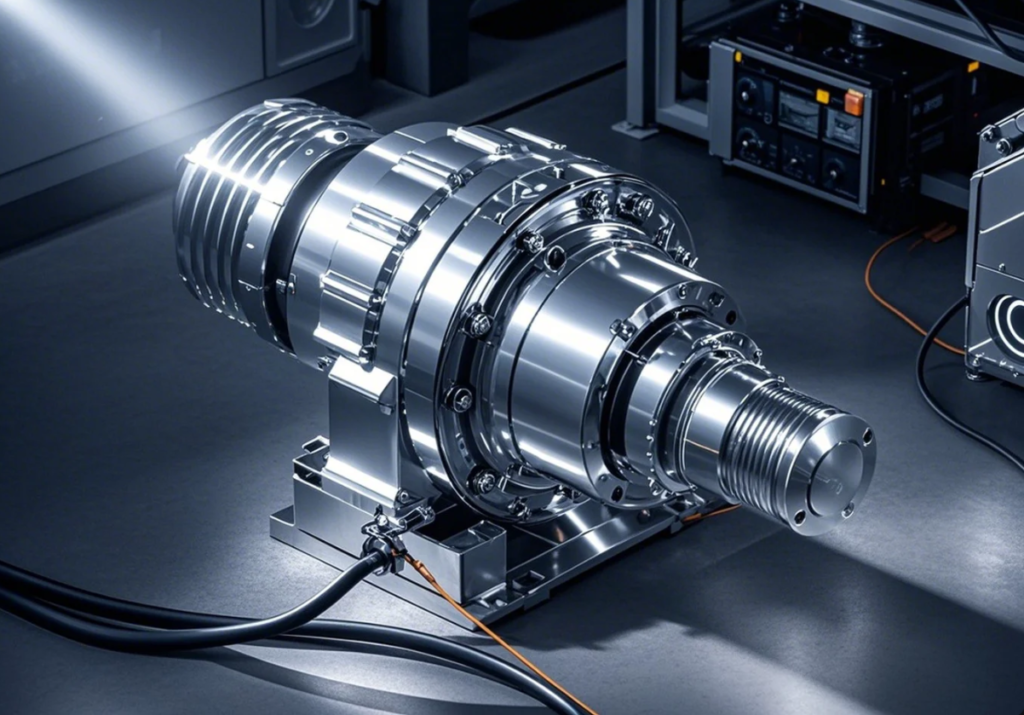
Titanium vs. Iron: Head-to-Head
| Property | Iron | Titanium |
|---|---|---|
| Density | 7.87 g/cm³ | 4.51 g/cm³ |
| Tensile Strength | ~370 MPa (mild steel) | 900+ MPa (alloyed) |
| Corrosion Resistance | Low | Very high |
| Weight-to-Strength | Lower efficiency | Higher efficiency |
| Applications | Construction, tools | Aerospace, medical, marine |
Industrial Takeaway
Titanium’s edge in strength, especially per weight, makes it ideal for advanced applications. At Prime, we use high-grade titanium alloys in precision CNC parts, offering clients durable and lightweight components for critical industries.
Conclusion
The strongest metal depends on how you define "strength." Tungsten leads in tensile strength, chromium in hardness, and titanium in toughness and versatility. Each metal serves its own unique purpose depending on your needs.
If you’re looking for custom metal parts with exceptional strength, contact Prime today. Our team specializes in ISO-certified CNC parts, welding components, and custom fasteners, all delivered with short lead times and proven durability. Inquire now for a free consultation and quote tailored to your project.

